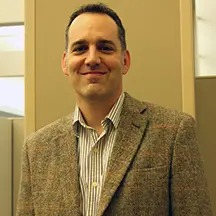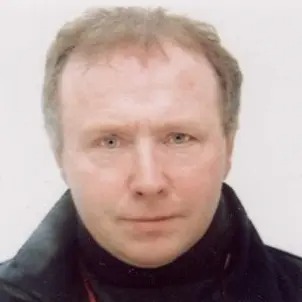Equine Rope-Assisted Recovery - Does it improve outcomes?
Species
Equine
Contact Hours
3 Hours - RACE Approved
Language
English
Discipline
Anaesthesia & Pain Management
Surgery
Veterinary Partner
Equine
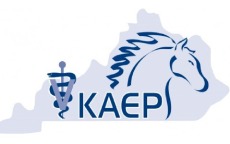
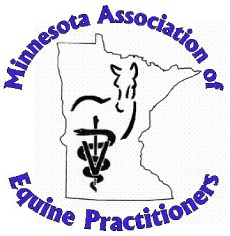
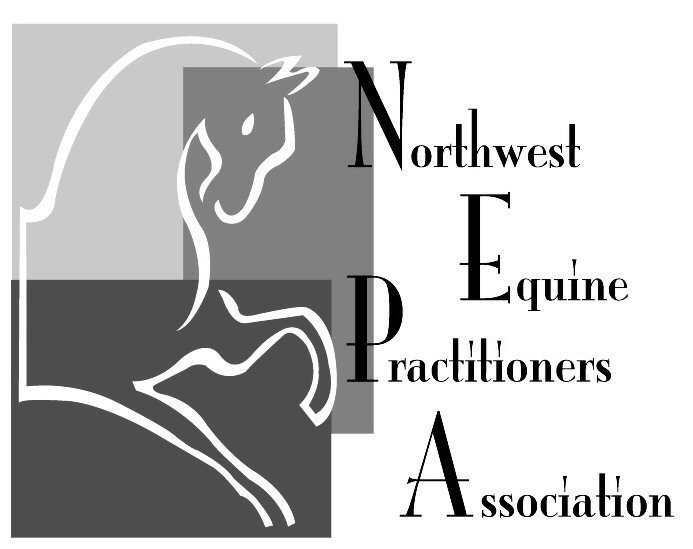
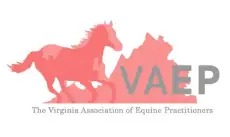

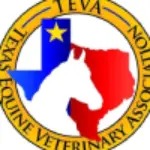
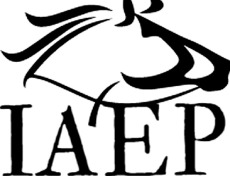
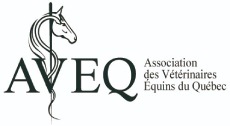
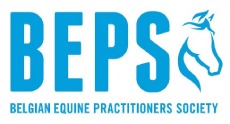
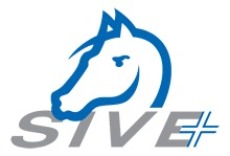
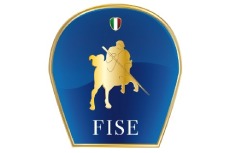
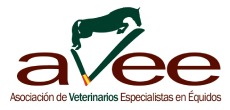
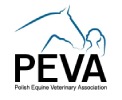

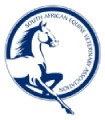





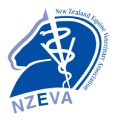






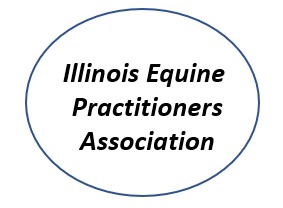
Recorded on: 11th August 2020
Part of the Online Lecture Series on Equine General Anaesthesia - A Practical Guide from A to Z
Panelists:
Eddie Clutton BVSc, DVA, DECVAA, FRCVS – The Univ. of Edinburgh, Scotland
Stuart Clark-Price DVM, MS, DACVIM,DACVAA, CVA – Auburn Univ., AL, USA
Hans Wilderjans DVM, DECVS – Referral Hospital Bosdreef, Belgium
Moderator:
Mark Senior BVSc, CertVA, DECVAA, PhD, MRCVS – Univ. of Liverpool, UK
CONTENT DESCRIPTION
The three panellists bring a very different background to the discussion, but all have significant and long-standing experience with rope-assisted recovery. They furthermore have strong views and opinions on the usefulness and value of assisted recovery systems, which will be guaranteed to lead to a lively debate!
1. Facilities/ design
• Stall design and footing play a larger role than use of ropes in assisted recovery
• With so many different types of systems and most of them retro-fitted, a comparison between hospitals is impossible
2. Chemical restraint as an alternative
• In healthy horses, appropriate sedation eliminates the need for assisted recovery
3. Welfare
• Assisted rope recovery stimulates horses to try to recover more quickly than if they were left unassisted
• Interventional recoveries compromise the welfare of horses undergoing general anaesthesia
4. Caseload/ Training
• Assisted rope recovery is only necessary to recovery fracture patients or to assist horses after a long anesthesia
• Assisted rope recovery is only needed when you work with a non-boarded improperly trained anesthetist
• Issues with training, skill and strength may limit routine use
5. Evidenced-based Veterinary Medicine
• Is there evidence of increased safety for horses & people?
• What's the cost-benefit ratio?
• Interventional recoveries have paralysed meaningful research into equine anaesthesia
Dr. Clark-Price received his Doctor of Veterinary Medicine degree with high honors from Ross University School of Veterinary Medicine after completing his clinical rotations at Cornell University in 2000.
He remained at Cornell and completed a Theriogenology internship and then went to Kansas State University where he completed an Equine Internal Medicine residency and a master’s degree in clinical sciences in 2003. He returned to Cornell University and completed an Anesthesiology residency in 2005.
Dr. Clark-Price achieved Diplomate status in the American College of Veterinary Internal Medicine in 2005 and Diplomate status in the American College of Veterinary Anesthesia and Analgesia in 2008.
Dr. Clark-Price spent a year in a private practice equine referral hospital and then accepted a faculty position at the University of Illinois where he was head of the Anesthesia Service.
Dr. Clark-Price joined Auburn University in 2017 where he is currently an associate professor of Anesthesia in the Department of Clinical Sciences.
His research interests include thermoregulation during anesthesia, aspects of recovery of horses from anesthesia and anesthesia of various exotic animals including amphibians and exotic felids.
More InfoEddie graduated (BVSc [hons]) from the University of Liverpool 1981, and then stayed three years in the Department of Anaesthesia, The Royal Liverpool Hospital, with Ron Jones, during which time he was awarded the Cert VA (RCVS) in 1983 and the DVA in 1988.
This was followed by a post in the University of Virginia, Maryland, USA for 5 years as assistant professor in Veterinary Anesthesiology. Eddie has been head of anaesthesia in R(D)SVS (Edinburgh) since 1990 and became a Diplomate of the European College of Veterinary Anaesthesia in 1996.
He was European Editor of Veterinary Anaesthesia and Analgesia (1999-2005), and is a member of the Royal College of Anaesthetists, the Animal Welfare Science, Ethics and Law Veterinary Association, BEVA and the Veterinary History Society.
Eddie was also President (2003-2006) and is currently senior-Vice President of the Association of Veterinary Anaesthetists. Eddie received a personal Chair in 2007.
More InfoMark is a European Specialist in Veterinary Anaesthesia and Analgesia and is an RCVS recognised specialist in Veterinary Anaesthesia and Analgesia.
Mark graduated from the University of Liverpool in 1997 and then spent 2 years working in mixed practice. He returned to the University of Liverpool to complete a Residency in Equine Anaesthesia and Cardiology between 1999-2002 and was then appointed Lecturer in Veterinary Anaesthesia in 2004. He holds the RCVS Certificate in Veterinary Anaesthesia and is a Diplomate of the European College of Veterinary Anaesthetists. Mark was also awarded a PhD for his thesis ‘Complement and Endotoxin in Equine Colic’ in 2009.
Mark is a member of the editorial consultant board for the 'Equine Veterinary Journal'. Mark is head of the equine anaesthesia service in the equine hospital and is also Hospital Director.
Mark has two horses and a pony at home on his smallholding in North Wales.
More InfoGraduated from Gent University, Belgium in 1987 (doctor in Veterinary Medicine).
Intern in equine hospital in South of France for 1 year.
3 years working and training as equine surgeon in equine hospital in Sussex, UK.
1992 : funding partner of the equine referral hospital De Bosdreef in Moerbeke-Waas, Belgium.
1995 : Diplomate of the European College of Veterinary Surgeons.
2000 : Hospital De Bosdreef merged with the equine Hospital De Morette near Brussels.
Fully equipped equine hospital with all imaging modalities.
www.bosdreef.be
Together with 4 partners I now manages 2 of the most important private equine Hospitals in Belgium. 18 full time employed veterinary surgeons, only referral work.
My work involves lameness examinations and equine surgery (orthopaedics and soft tissue) with a special interest in orthopaedic surgery and laparoscopy.
Veterinary Student
Online Panel Discussion
USD 20.00
Qualified Vet
Online Panel Discussion
USD 95.00
Intern/Resident/PhD (Requires proof of status)
Online Panel Discussion
USD 70.00
Vet Nurse/Vet Tech (Requires proof of status)
Online Panel Discussion
USD 70.00
If the options you are looking for are unavailable, please contact us.
No tax will be added unless you are a UK taxpayer
Choose currency at checkout



